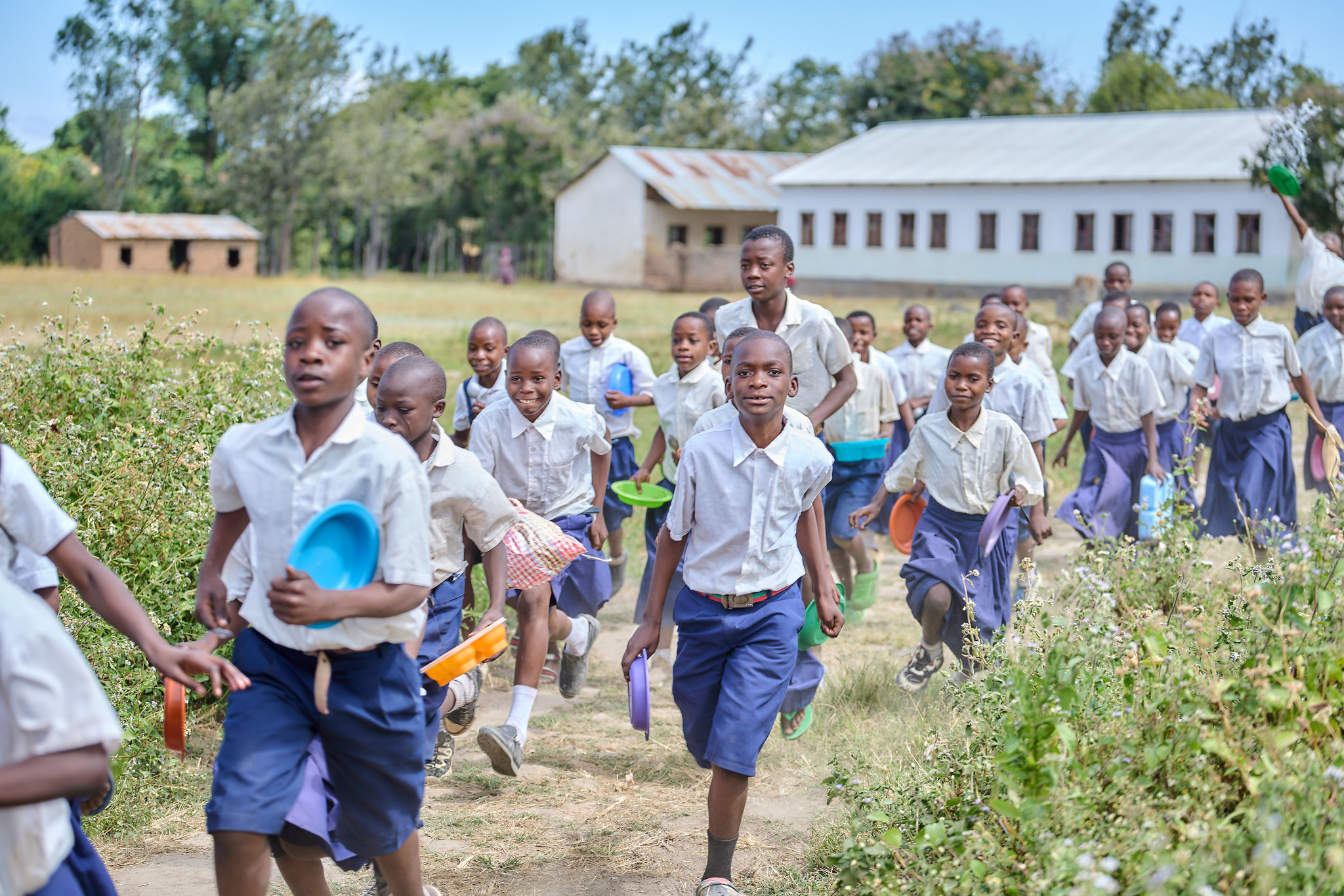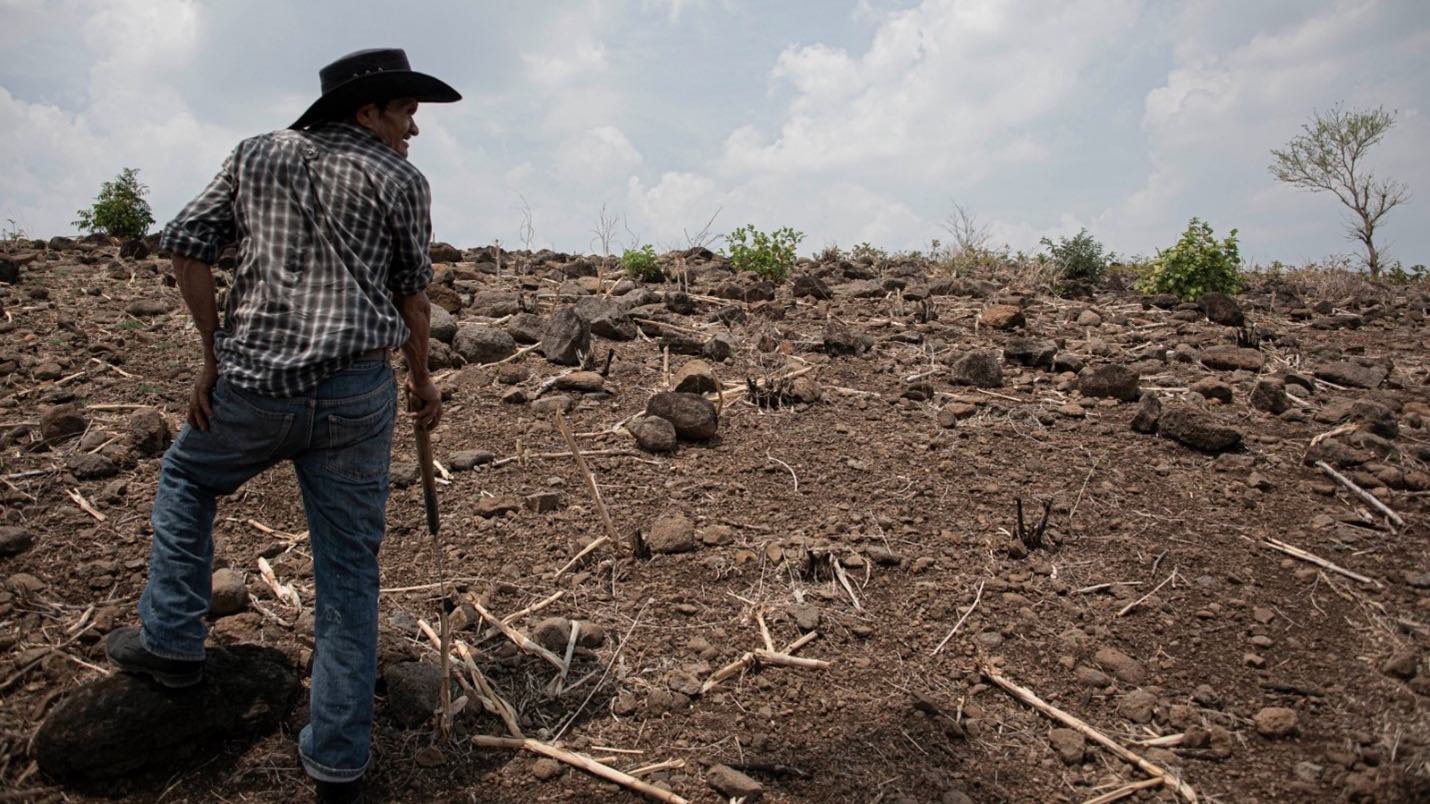The new IFPRI Discussion Paper “Climate Change and Floods in Yemen” by Manfred Wiebelt, Clemens Breisinger, Olivier Ecker,Perrihan Al-Riffai, Richard Robertson , and Ranier Thiele assesses the impact of climate change on Yemen’s economy and food security. The effects of climate change are extremely salient considering Yemen’s high levels of food import dependency, food insecurity, and poverty. An estimated 43 percent of Yemenis live in poverty, and 32 percent of the population does not have access to enough food.
The paper shows that climate change will have a negative impact of the country’s future development. The number of poor and food insecure people will increase, it argues, as climate change causes higher food prices on the global level and a long-term reduction in agricultural yields, and potentially increases the frequency of flooding.
Global commodity price changes will threaten the country’s already vulnerable populations. Although higher global prices will raise agricultural GDP, they will lower Yemen’s overall GDP growth and decrease household incomes.
Climate change will induce considerable economic losses and spikes in food prices. The predicted damages and losses to cropland, fruit trees, and livestock will particularly impair rural households — they are projected to lose over $3.5 billion by 2050. Farming households in flood-prone areas will suffer from loss of land and infrastructure, highlighting the need for a comprehensive disaster risk management strategy. Rural nonfarm households are projected to be hit the hardest, because they are typically net food consumers who must spend a large proportion of their budgets on food.
The paper suggests ways to combat the effects of climate variability, including reforms of Yemen’s domestic policy and nonagricultural sector that benefit both farm and nonfarm households. Increased access to markets and efficient supply chains would allow farm households to benefit from global food price increases. Private sector-led growth would generate employment for rural nonfarm households, Yemen’s most food insecure population. Additionally, increased access to credit and an investment-friendly tax regime would fuel private investment and infrastructure development in rural areas.
For more related information please visit IFPRI Research on MENA.







